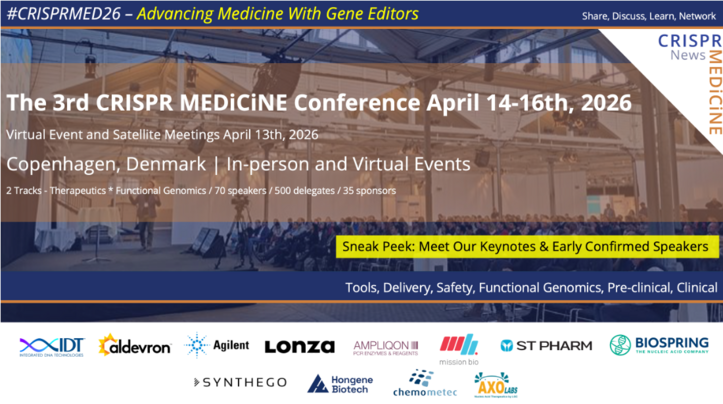Prime- and base-editing mouse models advance cancer research
These advanced models present a significant leap over traditional genetically engineered mouse models and CRISPR methodologies. By enabling more accurate and efficient studies of single-nucleotide variants (SNVs) in cancer, these models open new avenues for understanding and combating this complex disease.
The prime-editing mouse model - developed at the Massachusetts Institute of Technology - stands out for its high editing efficiencies, particularly in lung and pancreatic organoids. This model facilitates in-depth exploration of drug-resistance mutations, a critical aspect in cancer treatment. Similarly, the base-editing model - developed at Weill Cornell Medicine - demonstrates its prowess in creating high-throughput organoid-based models for studying complex genetic variations.
The precision and efficiency of these models are crucial for delving deeper into the mechanisms of cancer development, spread, and identifying potential therapeutic targets. The advancements signal a new era in cancer research, where understanding the genetic underpinnings of cancer becomes more accessible and actionable.
Read the N&V by an Australian team led from the University of New South Wales here and find presentations of the two models here and here.
To get more of the CRISPR Medicine News delivered to your inbox, sign up to the free weekly CMN Newsletter here.
Tags
CLINICAL TRIALS
Sponsors:
Suzhou Maximum Bio-tech Co., Ltd.
Sponsors:
Zhejiang University







